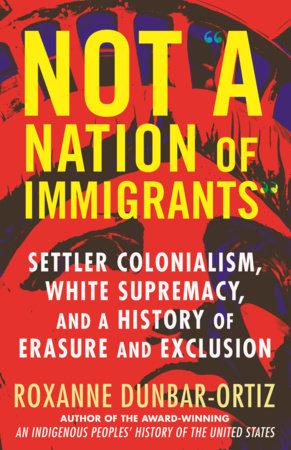Please see a summary of the letters we sent to heads of state and other high-level officials in Colombia, Guatemala, and Honduras, urging their swift action in response to human rights abuses occurring in their countries. We join with civil society groups in Latin America to: (1) protect people living under threat, (2) demand investigations into human rights crimes, (3) bring human rights criminals to justice. IRTF’s Rapid Response Network (RRN) volunteers write six letters in response to urgent human rights cases each month. We send copies of these letters to US ambassadors, embassy human rights officers, the Inter-American Commission on Human Rights, regional representatives of the UN High Commissioner for Human Rights, and desk officers at the US State Department. To read the letters, see https://www.irtfcleveland.org/content/rrn , or ask us to mail you hard copies.
- Home
- About Us
- Issues
- Countries
- Rapid Response Network
- Young Adults
- Get Involved
- Calendar
- Donate
- Blog

